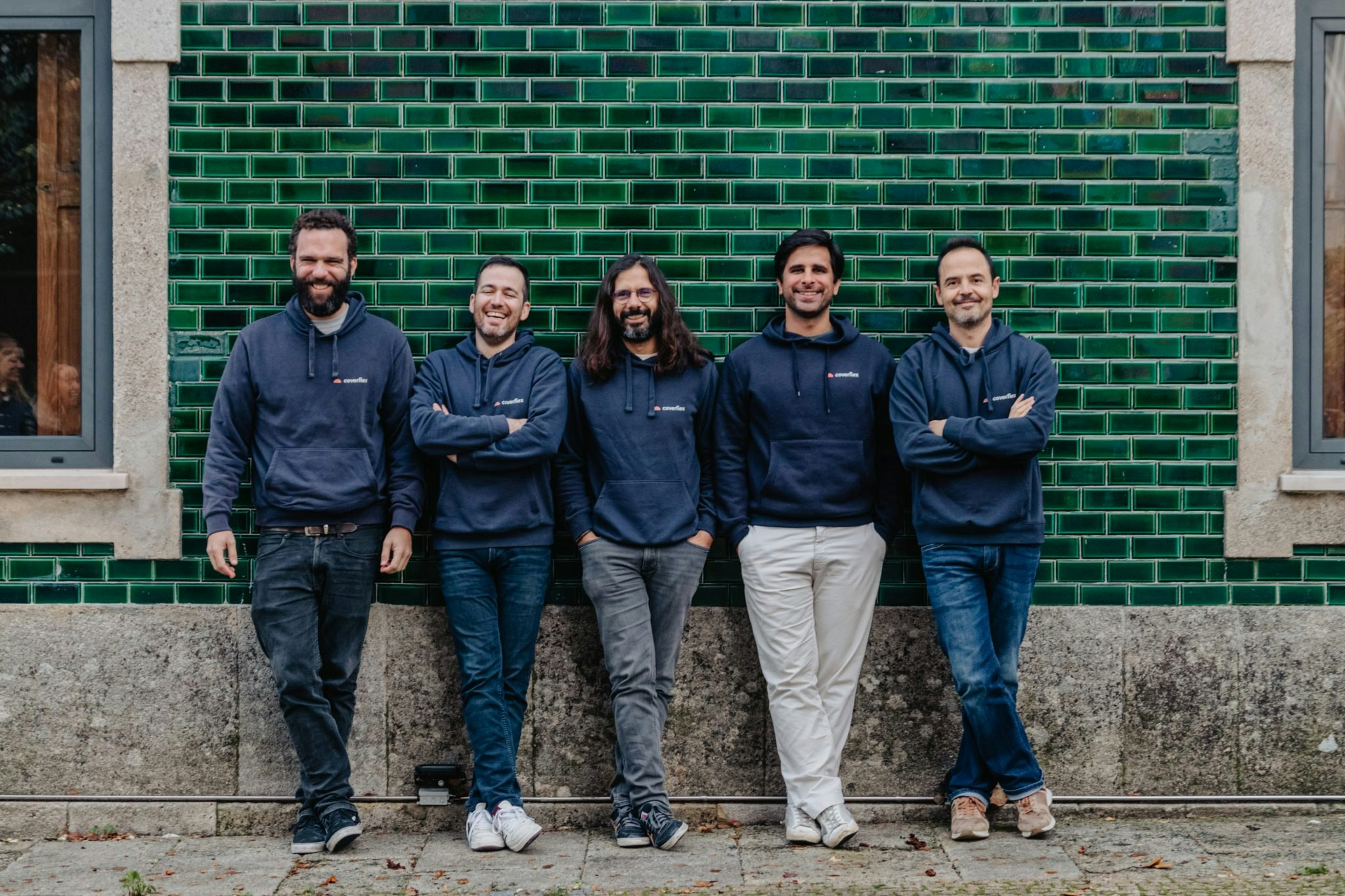During lockdown, my team was incredibly productive. But as the boundaries between work and personal time and space continued to blur, and our work weeks became a relentless cycle of email checking and Zoom overload.
I watched as we gradually lost sight of the big challenges we needed to solve to materially move the business forward. These challenges require mind space, clarity and creativity — actually sitting down and brainstorming and reflecting — to solve. And they were getting pushed to the backburner.
I reached out to people across the company and listened to how they were feeling and the impact the pandemic was having on them. And I had a realisation. You don’t build a category-defining company by just checking things off lists. Especially not when you’re a venture-backed company that’s got investors with big expectations. We needed a culture shock to get people thinking differently.
Our solution: a four-day work week.
Elevate Fridays
We call our day off ‘Elevate Fridays’ in reference to one of our company values: “Elevate yourself and each other.”
Launched in March as a 12-week trial and extended until the end of August, there are only two rules. The first is that you can't do day-to-day work (i.e. no emails, internal meetings, etc.). The second is to be intentional about how you spend your time. There’s no right answer to the second rule, and the way people have spent their time has ranged from taking machine learning classes, to training for a marathon, to designing puzzles. We wanted people to really think about what they could do on Fridays that would intentionally set them up to be more impactful the following week.
On paper, taking one work day away from your teams as a VC-backed company seems mad, but it has actually been a catalyst for being productive on the things that matter.
On paper, taking one workday away from your teams as a VC-backed company seems mad, but it has actually been a catalyst for being productive on the things that matter. Removing a day of tactical work has forced ruthless prioritisation by introducing scarcity into schedules, and has shifted the entire company to an impact-based — rather than hours-based — way of valuing our work.
Tracking the impact of a four-day work week
We tracked how the change impacted our teams, measuring self-reported and manager-reported shifts in four areas: work/life balance, general wellbeing, productivity and job fulfilment.
Between week one and week 12, we’ve seen 30% improvements in these four areas, with particular wins around productivity and wellbeing. People are 50% more likely to feel productive on week 12 (than week one) and 54% are less likely to struggle with work-life balance. This was especially high in teams that work on a project basis, like engineering.
Moderate wins were seen around job fulfilment. 18% of people are more likely to say they are happy with their performance and their motivations to tackle problems that arise as part of their jobs. Customer-facing teams were the least positively impacted because of the pressure they felt to be responsive to those working a traditional five-day week, which made it harder to truly log off.
We’re thinking about the best way we can apply what we’ve learned from the last five months to make sure externally-facing teams benefit equally from this change — while maintaining our standards for a great customer experience.
Long-term greed
Other companies (and even countries) have experimented with a four-day work week, and seen similar benefits.
1% of Iceland's working-age population took part in trials this year that resulted in higher productivity and lower burnout. Buffer implemented a four-day work week in 2020 and says productivity rose while stress levels fell. French recruitment platform Welcome to the Jungle implemented a four-day week after a trial in 2019, which boosted employee satisfaction and resulted in better work-life balance.
Unfortunately, many VC-backed companies are pressured into squeezing as much out of someone and replacing them with the next person once they burn out. Instead, we've got long-term greed: once we know someone is great, we want them to stay at CreativeX for a long time. That means making sure the startup grind doesn’t burn them out.
Attitudes to work are changing: people are seeking a way to remain ambitious and intellectually stimulated while having the mind space to be a good parent, partner, or simply a more rounded individual who is not solely defined by what they do for a living. My mission is to provide a work environment that makes that possible.


